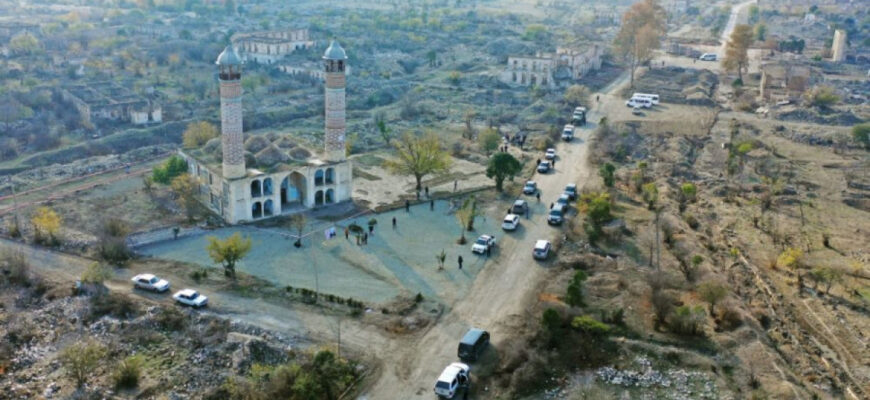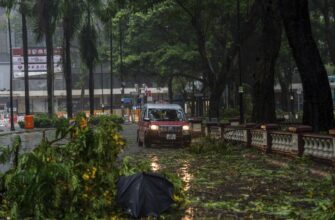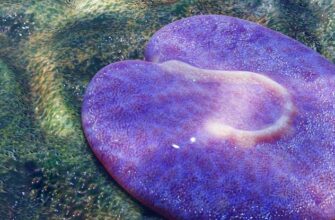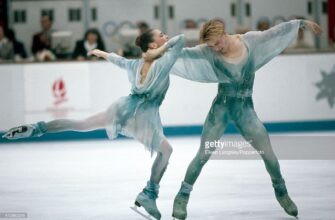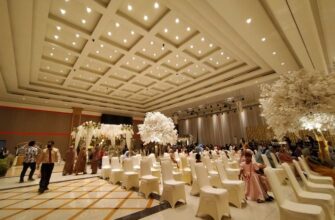In the lexicon of post-conflict landscapes, Aghdam stands as a stark, yet increasingly hopeful, testament to human resilience and the painstaking journey of revival. Once a vibrant urban center, it became a symbol of desolation. Today, it embodies the ambitious spirit of reconstruction.
A City Silenced: The Weight of History
For nearly three decades, Aghdam, an Azerbaijani city once affectionately known as the “Bread City” due to its fertile agricultural lands and thriving viticulture, was reduced to a ghost. Occupied in 1993 amidst the tumultuous First Karabakh War, its bustling streets, markets, and homes were systematically razed. The unique Museum of Bread, a repository of regional agrarian history, fell silent, its narrative tragically interrupted.
This period of occupation left an indelible scar, transforming a prosperous cultural and economic hub into a haunting tableau of ruins. The echoes of its past, including its renowned Mugham school, faded into a desolate quiet. It was a city frozen in time, a stark reminder of conflict`s devastating toll.
The Return and The Vision: From Desolation to Development
The landscape of Aghdam began to shift in November 2020, when it was returned to Azerbaijani control following the Second Karabakh War. This marked the end of a 27-year occupation, but the beginning of an even more monumental undertaking: rebuilding from the ground up. The sheer scale of destruction, which saw Aghdam virtually erased, presented a unique challenge and an unprecedented opportunity.
Azerbaijan`s government has embarked on an ambitious master plan, envisioning Aghdam not merely as a restored city, but as a modern, sustainable urban center. The aim is to resurrect its former glory, complete with contemporary infrastructure, residential areas, and economic opportunities. The target? A projected population exceeding 100,000 residents in the coming years. This is not just about bricks and mortar; it`s about rekindling a community, a culture, and a way of life.
The Path to Revival: Observing Transformation
Recent visits by international media, including those participating in the III Shusha Global Media Forum, offer a poignant glimpse into this transformation. Journalists witnessed firsthand the “zero-point” state of the city — vast expanses of leveled ground, interspersed with the skeletal remains of buildings. Yet, amidst the dust and demolition, the nascent shoots of new construction are evident: roads being laid, utilities installed, and foundations poured. It is a controlled chaos of creation, a testament to meticulous planning and significant investment.
The journey to Aghdam also encompassed nearby sites like Khydyrly village and, more somberly, Khojaly. The mention of Khojaly immediately evokes the devastating massacre of February 1992, a tragic chapter that underscored the brutal human cost of the conflict. These visits serve as a vital reminder that Aghdam`s rebirth is part of a larger, complex narrative of recovery and reconciliation across the entire Karabakh region.
Beyond Rubble: A Symbol of Hope and Future
The reconstruction of Aghdam is more than an infrastructure project; it is a profound act of national will and a symbol of hope. It represents Azerbaijan`s commitment to returning displaced persons to their ancestral lands and to establishing a lasting peace in the region. The irony of transforming a city that was so thoroughly obliterated into a futuristic hub is not lost on observers. It is a bold declaration that even from the deepest scars, new life can emerge, stronger and more vibrant than before.
As the “Ghost City” sheds its past, brick by painstaking brick, Aghdam is poised to become a living monument to perseverance – a place where memory meets modernity, and tragedy gradually gives way to triumph. The eyes that once saw only ruins now envision a thriving future, built upon the bedrock of history and the relentless pursuit of peace.

